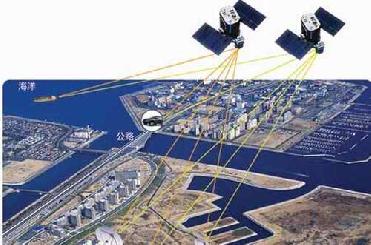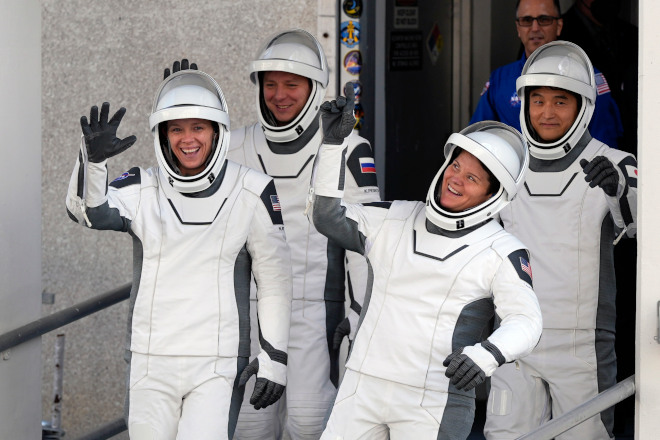
Beidou satellite navigation system serves Olympics. Image from ipr.gov.cn
HONG KONG (BNS): China aiming to come on par with the US and Russia is planning to launch more navigation satellites next year to help in developing its own navigational satellite by 2011. A Chinese official said here recently that the country would develop the
second-generation Beidou satellite navigation system, an equivalent of the US GPS navigation system.
At a conference commemorating five years of the Beidou system's operation, a director with the China National Administration of Global Navigation Satellite System (GNSS) and Application said that Beijing aims to complete the second-generation Beidou system by 2011.
China Daily quoted the unnamed official as saying that the new system would outperform its predecessor in positioning accuracy, coverage territory, user capacity and anti-jamming capabilities. "Using this system as a base, China will develop a global navigation system by 2020," he was quoted as saying.
Reports quoted him as saying that the system has been identified as one of the country's top scientific development projects. The official said that since 2003, the Beidou navigation system has been used in military training, disaster-relief efforts, border control and anti-terrorism work.
Earlier, media reports stated that the Beidou system would include five geo-stationary satellites and 30 non-geo-stationary satellites. They would serve clients in China and neighbouring regions. Presently, there are five Beidou satellites in space.
Xinhua News Agency reported that the first three Beidou satellites were launched in 2000 and 2003, forming an experimental navigation web. The first-generation Beidou navigation system became operational five years ago. Two more satellites were sent into orbit in February and April 2007, the agency said.
 Previous Article
Previous Article Next Article
Next Article













The Indian Air Force, in its flight trials evaluation report submitted before the Defence Ministry l..
view articleAn insight into the Medium Multi-Role Combat Aircraft competition...
view articleSky enthusiasts can now spot the International Space Station (ISS) commanded by Indian-American astr..
view article